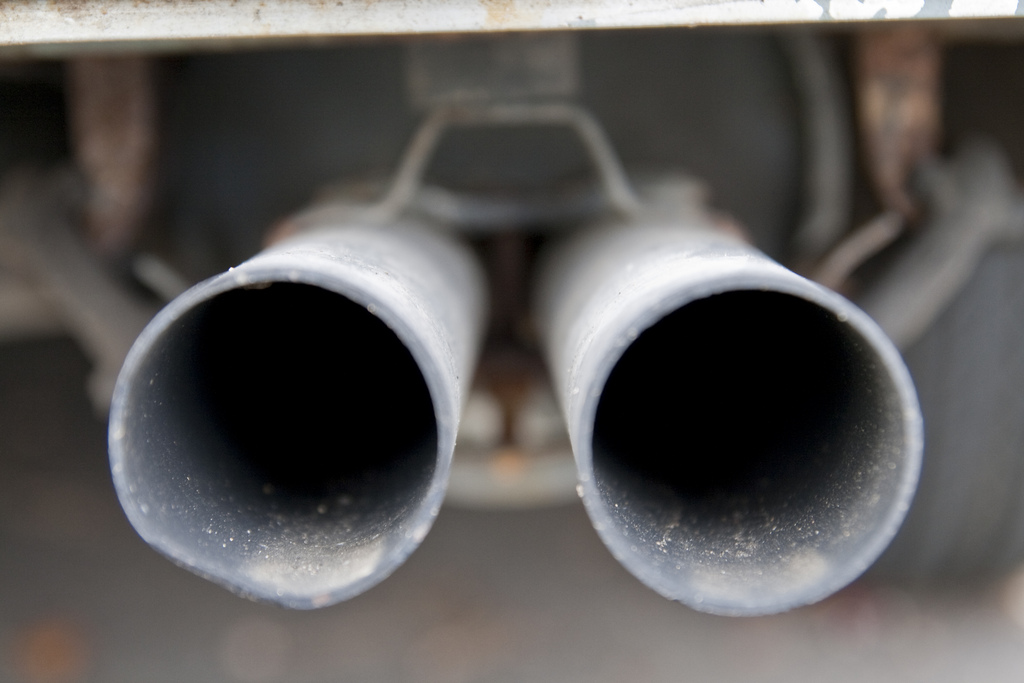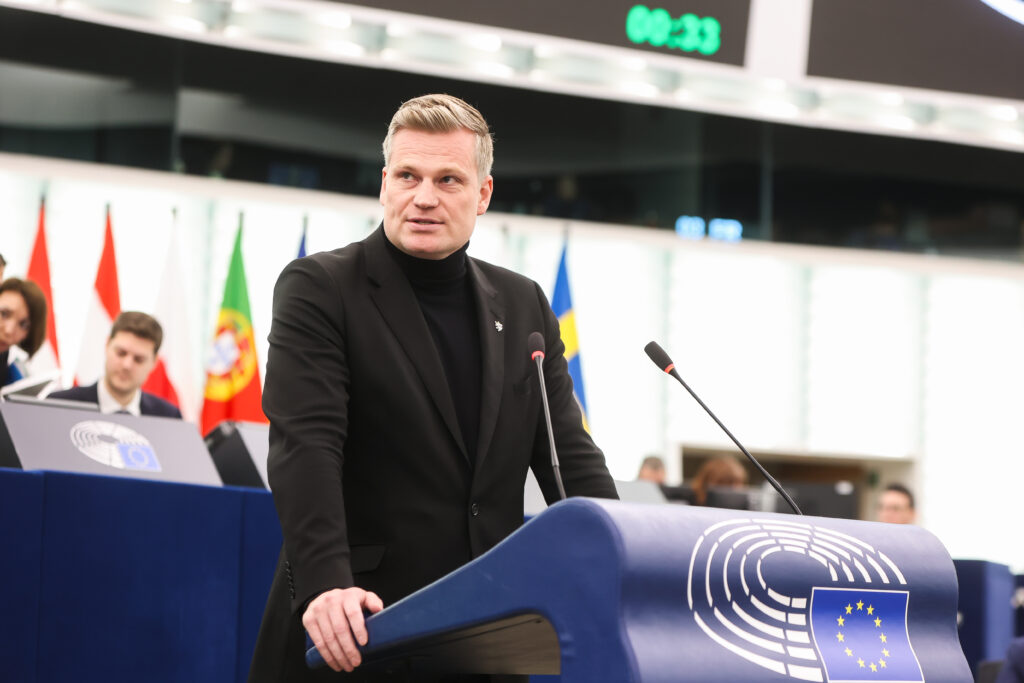The government is getting good at putting a spin on its air pollution plans (or lack of them) ahead of the June 2017 general election.
On Thursday, it told the high court it wanted to delay the publication of a new air quality strategy to “comply with pre-election propriety rules”. The court had previously ordered the government to release the report by Monday, after an earlier plan was judged to have been insufficiently ambitious.
The request for the delay comes shortly after the transport minister, John Hayes, tried to persuade parliament that the UK was at the forefront of European efforts to improve air quality from diesel emissions — when in fact the opposite appears to be true.
In his response to a parliamentary question, Hayes said, “the UK has secured agreement at EU level to introduce more stringent real driving emissions testing for all new cars and vans across the EU from September 2017, ensuring that vehicle manufacturers live up to their low emission credentials”.
While those rules are coming into force, it’s despite the UK’s best efforts rather than because of them.
The Guardian previously revealed how the UK had lobbied to allow nitrogen oxide emissions at twice the legal maximum until 2019, and for loopholes that would allow vehicles to emit at levels 40 percent above the European Commission’s proposal.
Julia Poliscanova, air quality manager for think tank Transport and Environment, pointed to the UK’s response to the European Commission’s original air quality proposal as evidence for it’s obstructive tendencies in Europe.
She told DeSmog UK: “Together with France and Germany, the UK stitched up a deal on the new diesel nitrogen oxide tests that weakened the original Commission proposals and gave carmakers a flexibility of over 200 percent until 2020 and 50 percent continuously thereafter.”
Seb Dance, Labour Member of the European Parliament’s environment, food and public health committee, told DeSmog UK:
“The UK government helped pushed through a dirty deal allowing manufacturers to bring to the market vehicles emitting more than double the amount of nitrogen oxides set by current standards. Throughout the negotiations for a new RDE test procedure the UK strongly opposed the more ambitious Commission proposal for conformity factors for nitrogen oxide limits and instead pushed for higher conformity factor values corresponding to weaker environmental objectives, giving a free pass to dirty diesel cars.
“Not only did the UK government push through watered down rules for polluting cars at the EU level, but they have yet again delayed publishing crucial measures to tackle illegal levels of nitrogen dioxide. The government can’t use their election plans to shirk responsibility on air pollution. Each day these urgent plans are delayed the more British lives will be lost.”
Hayes did not respond to request for comment.
Main image credit: Riley Kaminer via Flickr CC BY 2.0
Subscribe to our newsletter
Stay up to date with DeSmog news and alerts








